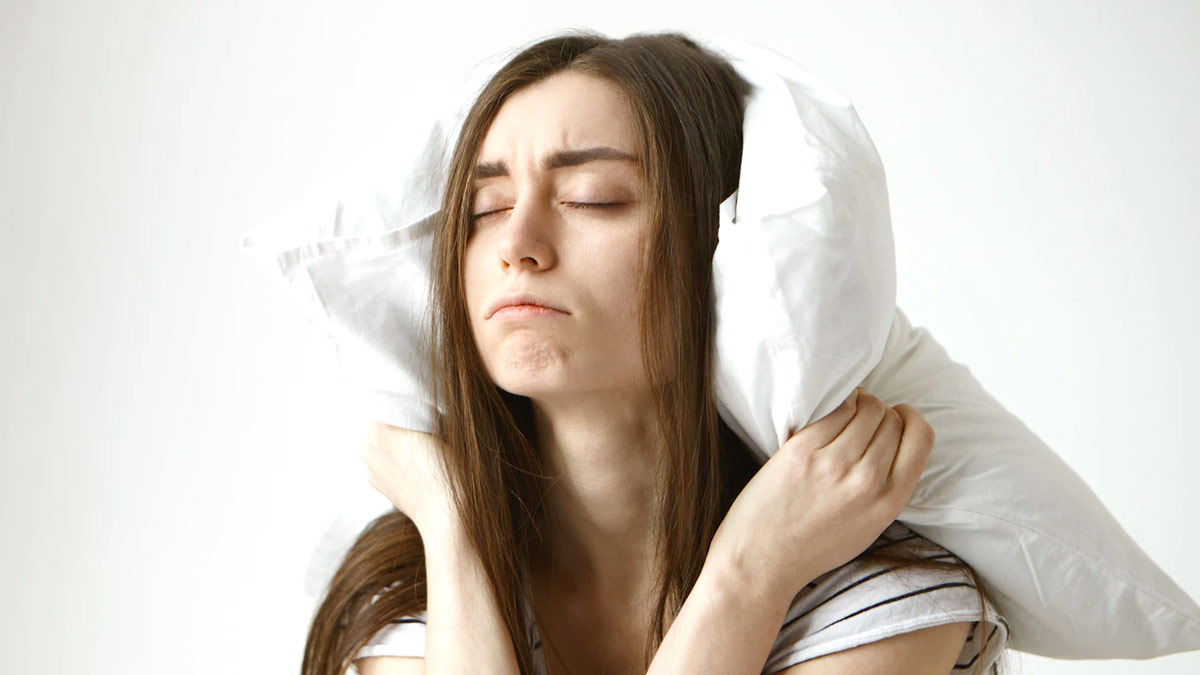
Do you often find yourself tossing and turning through the night during the hot and humid weather? Well you are not alone. Sound sleep can be easily affected during the high temperature days. But sleep disorder refers to those conditions that affect the sleep’s quality, timing, or duration over a longer period of time.
Table of Content:-
Sleep impairment impacts a person’s ability to properly function while they are awake. Poor quality or inadequate sleep are prime indications of sleep disorders, which can contribute to several medical problems. In fact, sleeping issues are often symptoms for underlying mental health issues.
Here are a few types of sleep disorders and how you can improve the quality of your sleep.
Common Types of Sleep Disorders
1. Insomnia
Insomnia is one of the most common sleep disorders. It makes it hard for a person to fall asleep and stay asleep. It can also cause someone to wake up too early and not be able to get back to sleep again. People who suffer from insomnia claim to wake up tired even after a full night’s sleep.
Most reported cases of insomnia are primarily related to poor sleeping habits. However, it can lead to severe health ailments like depression, anxiety, or other chronic illnesses.
Treatment for insomnia consists of improving sleep habits, identifying and treating underlying causes. Physical exertion and sticking to a sleep schedule along with avoiding heavy meals right before going to bed are a few ways one can try to cope with insomnia. Sleeping pills may also be used, but it is advised to check with a doctor before you start with them. One should also be monitored for any side effects.
2. Sleep apnoea

Also read: Why Do Recurrent IVF Failures Occur & How To Improve Chances Of Conception
Sleep apnea is a sleeping disorder that leads to serious health problems, including high blood pressure and heart diseases, if left untreated. Untreated sleep apnoea causes breathing and respiratory problems during sleep, which in turn leads to loud snoring and daytime tiredness, even after a full night's sleep. Excess weight and obesity are the most common causes of obstructive sleep apnoea.
Nasal decongestant or allergy medications along with limiting alcohol and smoking can help in effectively aiding sleep apnoea.
3. Restless legs syndrome
Restless legs syndrome or RLS is a nervous system disorder that causes an overpowering urge to move your legs. RLS is also known as Willis-Ekbom disease. Doctors consider restless legs syndrome as a sleep disorder because it usually happens or gets worse while someone is at rest.
Restless Leg Syndrome is also a common symptom of anxiety, which again leads to sleeping disorders. A 2014 study found that vitamin D supplements help in reducing RLS symptoms. Performing gentle calf stretches and a hot shower helps greatly in reducing its symptoms.
Also watch this video
How we keep this article up to date:
We work with experts and keep a close eye on the latest in health and wellness. Whenever there is a new research or helpful information, we update our articles with accurate and useful advice.
Current Version
